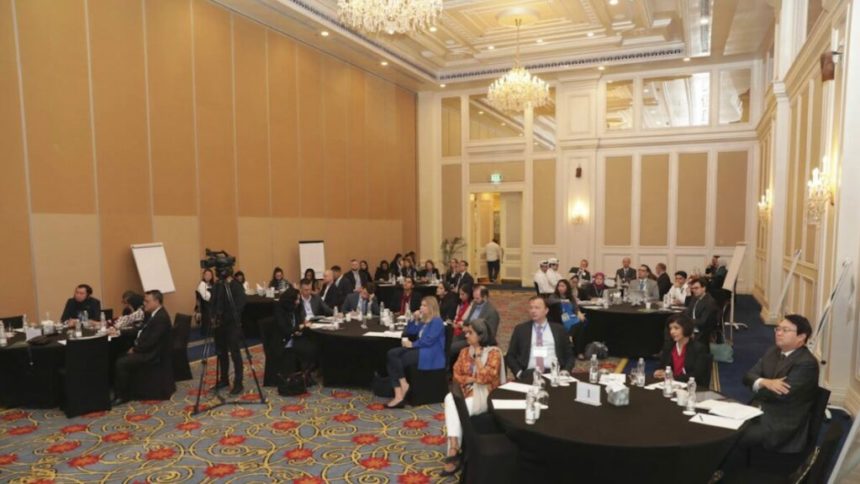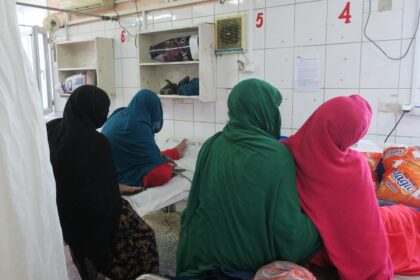RASC News Agency: The International Conference on the Education of Afghanistani Women, with the theme “Education for her, progress for all,” received the support of the Ministry of Foreign Affairs of Indonesia. This announcement was made during a meeting hosted by Qatar, which focused on the issue of women’s education in Afghanistan. Yousef bin Sultan Laram, the head of the Asian affairs department of the Ministry of Foreign Affairs of Qatar, delivered a speech during the meeting on December 9th.
He emphasized Qatar’s commitment to the importance of Afghanistani women’s rights to education, stating that it is a key and fundamental issue that goes beyond equality in education. According to him, education is a basic human right that plays a crucial role in maintaining the fundamental rights and dignity of women. By promoting this right, women can fully exercise their rights and actively contribute to shaping their future.
During his speech, Yousef bin Sultan Laram also highlighted Qatar’s unwavering support for women’s rights to education, emphasizing its vital importance. Jatmiko Prestio, the Director of South and Central Asia Affairs at the Ministry of Foreign Affairs of Indonesia, echoed the need for tangible and effective solutions. He stressed the importance of global support, community education, and partnerships to provide financial opportunities, as well as digital and technological innovations.
The Ministry of Foreign Affairs of Indonesia and Qatar both expressed their dedication to addressing the issue of women’s education in Afghanistan and working towards empowering Afghanistani women through education.
Based on the information shared in this meeting, senior experts from international organizations and stakeholders have convened with the aim of addressing the barriers that hinder Afghanistani women’s access to quality education. The outcomes of this meeting will be presented during a two-day conference in Doha, which commenced on Sunday, December 10th.
These findings will be shared with policymakers and intellectual leaders. It is important to note that despite the efforts made, women and girls in Afghanistan continue to face educational deprivation due to the strict policies enforced by the Taliban group. Despite numerous appeals from both international and domestic authorities to lift this ban, the Taliban group remains steadfast in their decision and has not made any changes.






